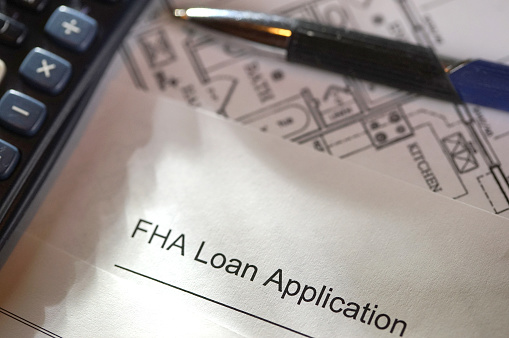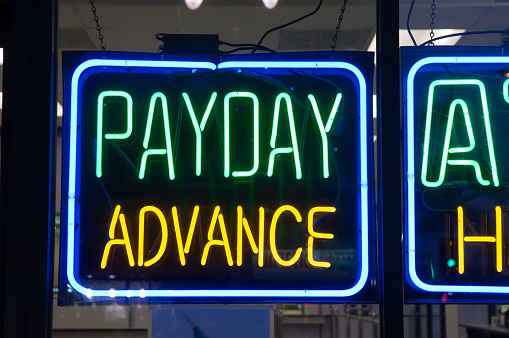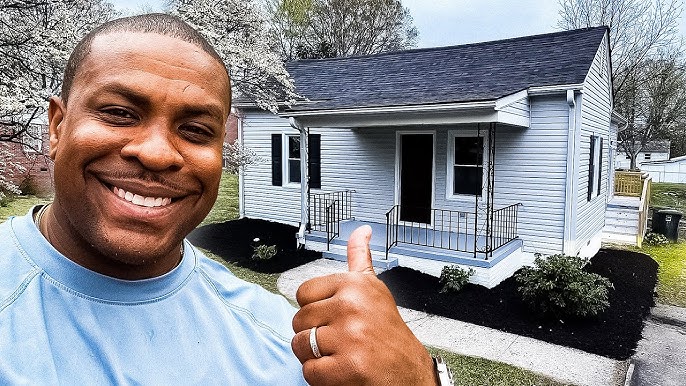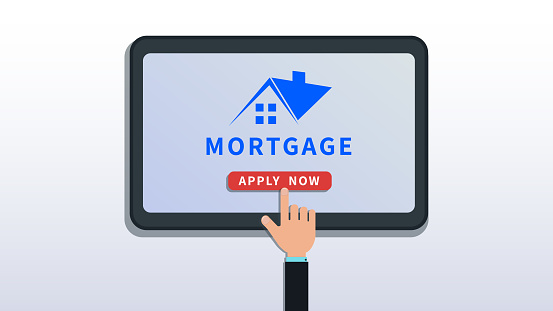FHA Loans: The Pros and Cons You Need to Consider Before Applying
As a potential homebuyer, it’s important to consider all of your financing options. One option that you may have come across is an FHA loan. But what exactly is an FHA loan, and is it the right choice for you? In this article, I’ll discuss the pros and cons of FHA loans, the requirements for eligibility, and how to decide if an FHA loan is right for you.
What is an FHA loan?
An FHA loan is a mortgage that is insured by the Federal Housing Administration (FHA). This type of loan is designed to help lower-income and first-time homebuyers who may not qualify for a conventional loan. Because the loan is backed by the government, lenders are more likely to approve borrowers who may have lower credit scores or higher debt-to-income ratios.
One of the key benefits of an FHA loan is the lower down payment requirement. While many conventional loans require a minimum down payment of 20%, an FHA loan only requires a minimum down payment of 3.5%. This can make it easier for homebuyers who may not have a large amount of savings to put towards a down payment.
The Benefits of an FHA loan
In addition to the lower down payment requirement, there are several other benefits to consider when it comes to FHA loans.
Firstly, FHA loans typically have lower interest rates compared to conventional loans. This means that over the life of the loan, you could potentially save thousands of dollars in interest payments.
Another benefit of an FHA loan is that it is more forgiving when it comes to credit scores. While conventional loans may require a minimum credit score of 620, an FHA loan may be available to borrowers with a credit score as low as 500. However, keep in mind that borrowers with lower credit scores may be required to put down a larger down payment.
Finally, FHA loans are assumable, which means that if you sell your home, the buyer can take over your FHA loan. This can be a selling point for potential buyers and may make your home more attractive on the market.
The Drawbacks of an FHA loan
While there are certainly benefits to an FHA loan, there are also some drawbacks to consider.
One of the biggest drawbacks is the mortgage insurance premium (MIP) that is required with an FHA loan. This is a fee that you pay each month in addition to your mortgage payment, and it is designed to protect the lender in case you default on your loan. The MIP can add up over time, and it can make your monthly mortgage payments significantly higher.
Another drawback to consider is the loan limits. FHA loans have a maximum loan limit that varies depending on where you live. If you’re looking to buy a home in an area with a high cost of living, you may find that the loan limit is not high enough to cover the cost of the home you want to buy.
Finally, FHA loans may have more stringent property requirements compared to conventional loans. For example, FHA loans may require that the home meet certain safety and livability standards, such as having working smoke detectors and a functioning heating system.
The Requirements for an FHA loan
To be eligible for an FHA loan, there are certain requirements that you must meet. These requirements include:
- A minimum credit score of 500 (although some lenders may require a higher score)
- A debt-to-income ratio of 43% or lower
- A minimum down payment of 3.5%
- Proof of income and employment history
- The property must meet certain safety and livability standards
Keep in mind that these are the minimum requirements, and individual lenders may have additional requirements that you must meet.
The Application Process for an FHA loan
The application process for an FHA loan is similar to that of a conventional loan. You’ll need to provide documentation of your income, employment history, and credit score. You’ll also need to provide information about the property you’re looking to buy.
Once you’ve submitted your application, the lender will review your information and determine if you’re eligible for an FHA loan. If you are approved, you’ll receive a loan estimate that outlines the terms of the loan, including the interest rate, loan amount, and monthly payments.
Read More: The Ultimate Guide to Home Equity Loans: What You Need to Know
FHA loan limits
As mentioned earlier, FHA loans have a maximum loan limit that varies depending on where you live. These limits are based on the median home price in your area and are updated annually. For example, in 2021, the FHA loan limit for a single-family home in most areas is $356,362. However, in high-cost areas, the loan limit can be as high as $822,375.
FHA loan vs. conventional loan
When deciding between an FHA loan and a conventional loan, there are several factors to consider. Conventional loans typically have higher credit score requirements and a larger down payment requirement. However, they may have lower interest rates and fewer fees compared to FHA loans.
On the other hand, FHA loans may be more accessible to borrowers with lower credit scores and a smaller down payment. However, they may have higher interest rates and more fees compared to conventional loans.
Ultimately, the decision between an FHA loan and a conventional loan will depend on your individual financial situation and goals.
How to Decide if an FHA loan is Right for You
When deciding if an FHA loan is right for you, it’s important to consider your financial situation and goals. If you have a lower credit score or a smaller down payment, an FHA loan may be a good option to consider. However, if you have a higher credit score and a larger down payment, a conventional loan may be a better fit.
It’s also important to consider the long-term costs of an FHA loan, such as the mortgage insurance premium. While an FHA loan may be more accessible initially, the added costs over time may make a conventional loan a more cost-effective option.
Common Misconceptions about FHA Loans
There are several common misconceptions about FHA loans that are important to address. One of the most common misconceptions is that FHA loans are only available to first-time homebuyers. While FHA loans are often used by first-time homebuyers, they are available to anyone who meets the eligibility requirements.
Another misconception is that FHA loans are only for low-income borrowers. While FHA loans are designed to help lower-income borrowers, they are available to anyone who meets the eligibility requirements, regardless of income.
Conclusion
In conclusion, FHA loans can be a great option for homebuyers who may not qualify for a conventional loan. However, it’s important to consider the pros and cons of an FHA loan before making a decision. By understanding the requirements and costs associated with an FHA loan, you can make an informed decision that is right for your financial situation and goals.







